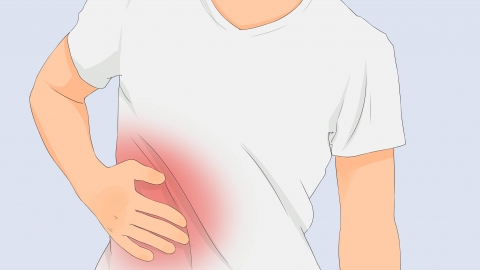Can a left liver hemangioma be treated?
In general, whether a left liver hemangioma can be treated needs to be determined based on the specific condition of the disease, including factors such as the size of the hemangioma, symptoms, growth rate, and the patient's overall health status. If discomfort occurs, it is recommended to seek medical evaluation promptly. The detailed analysis is as follows:

If the left liver hemangioma is small, asymptomatic, grows slowly, and the patient is in good general health, immediate treatment is usually not necessary. These hemangiomas are typically benign and do not affect liver function. Regular monitoring via imaging examinations is sufficient; unnecessary treatment may instead introduce avoidable risks.
If the left liver hemangioma is large, causes discomfort such as abdominal pain or bloating due to compression of surrounding organs, grows rapidly, poses a risk of rupture, or if the patient’s overall health permits, treatment may be considered. Treatment options should be selected according to the specific condition, and standardized interventions can help control the disease, relieve symptoms, and reduce risks.
After detection of a left liver hemangioma, regular ultrasound, CT, or other imaging examinations are needed to closely monitor changes in size and growth. Avoid strenuous exercise or abdominal trauma to prevent rupture of the hemangioma. Seek immediate medical attention if symptoms such as worsening abdominal pain, nausea, or vomiting occur. Maintain a light diet, avoid alcohol consumption, and reduce strain on the liver. Do not believe in unproven remedies or pursue treatments blindly; instead, develop a health management or treatment plan under the guidance of a qualified physician.









